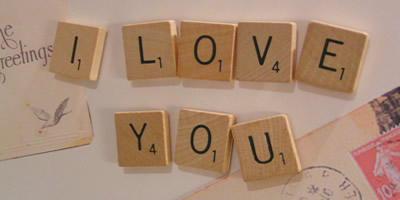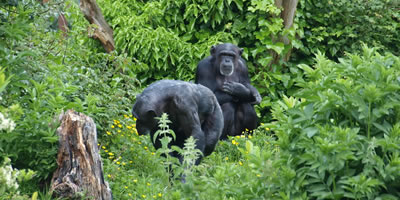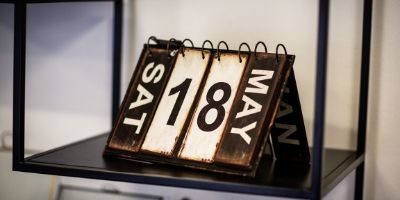Nouns
Bob Seger, The Ring Level: Elementary – American English This is a song about a woman who got married too young and was not able to realise her dreams. Life becomes monotonous and her wedding ring is a reminder of where it all went wrong. In this exercise there are some useful common nouns. Glossary “see him through” : get […]
Read more






